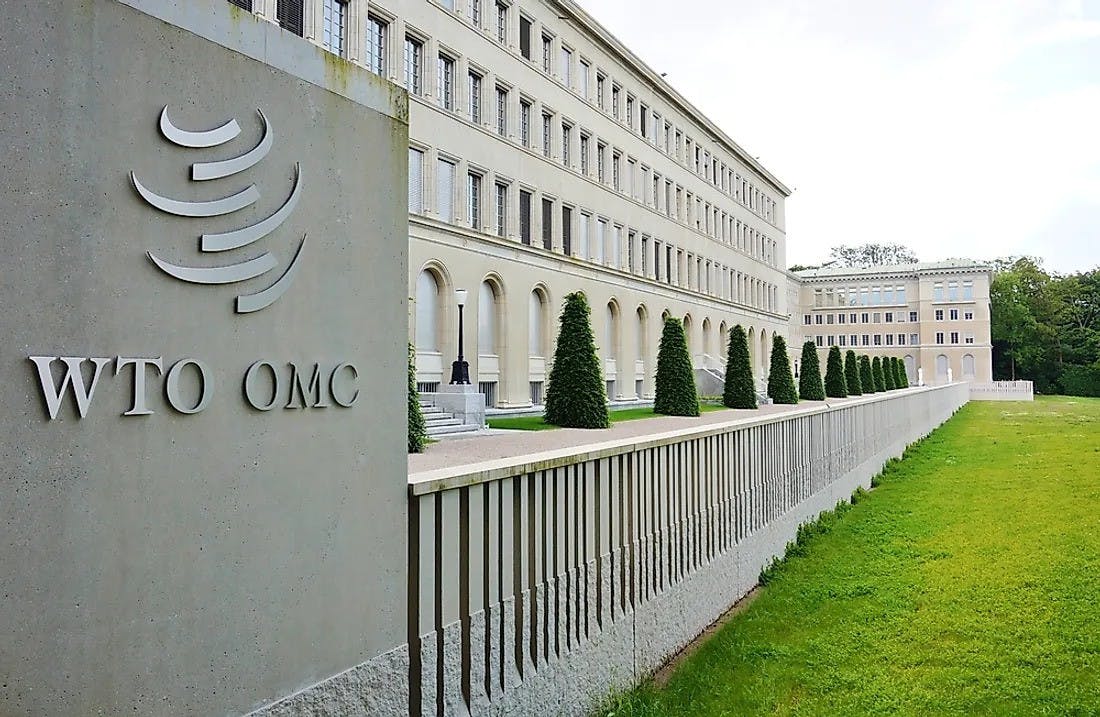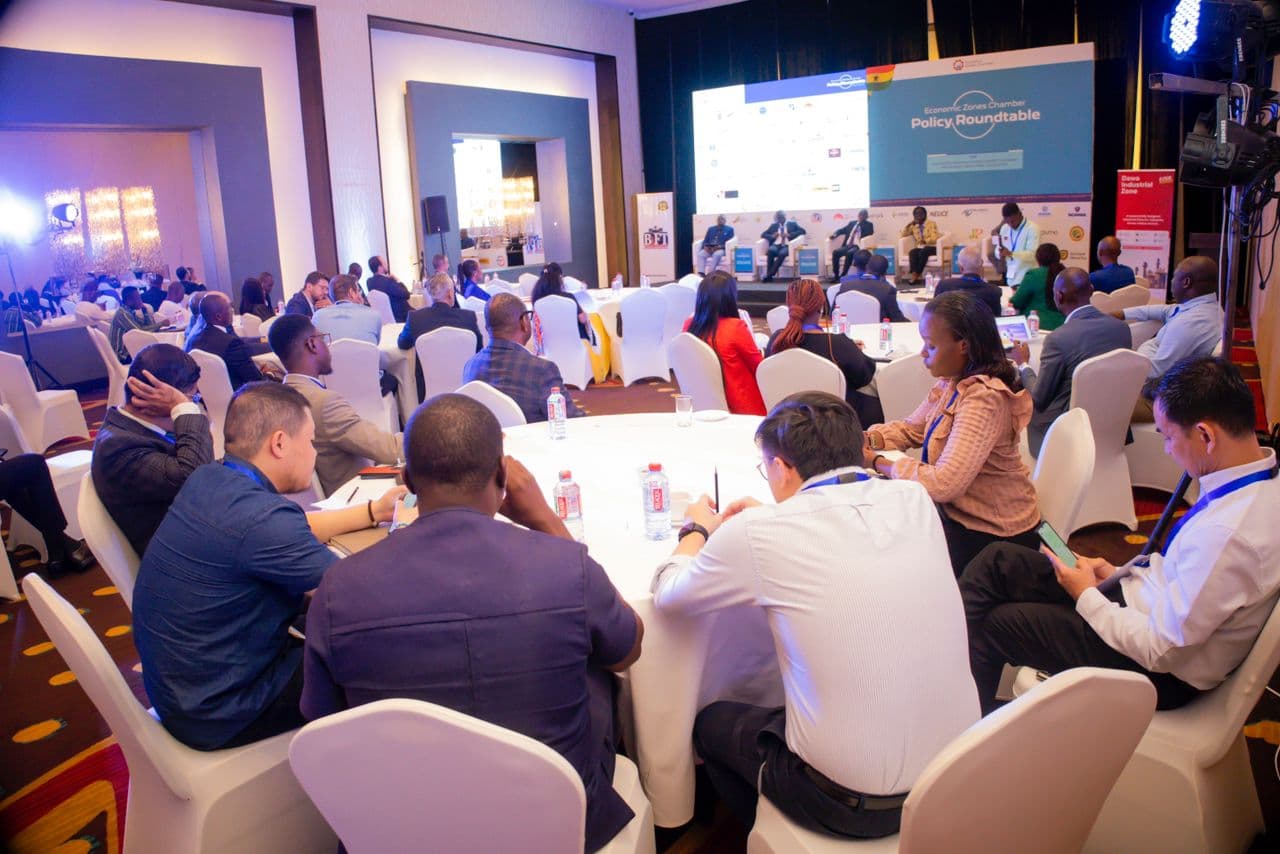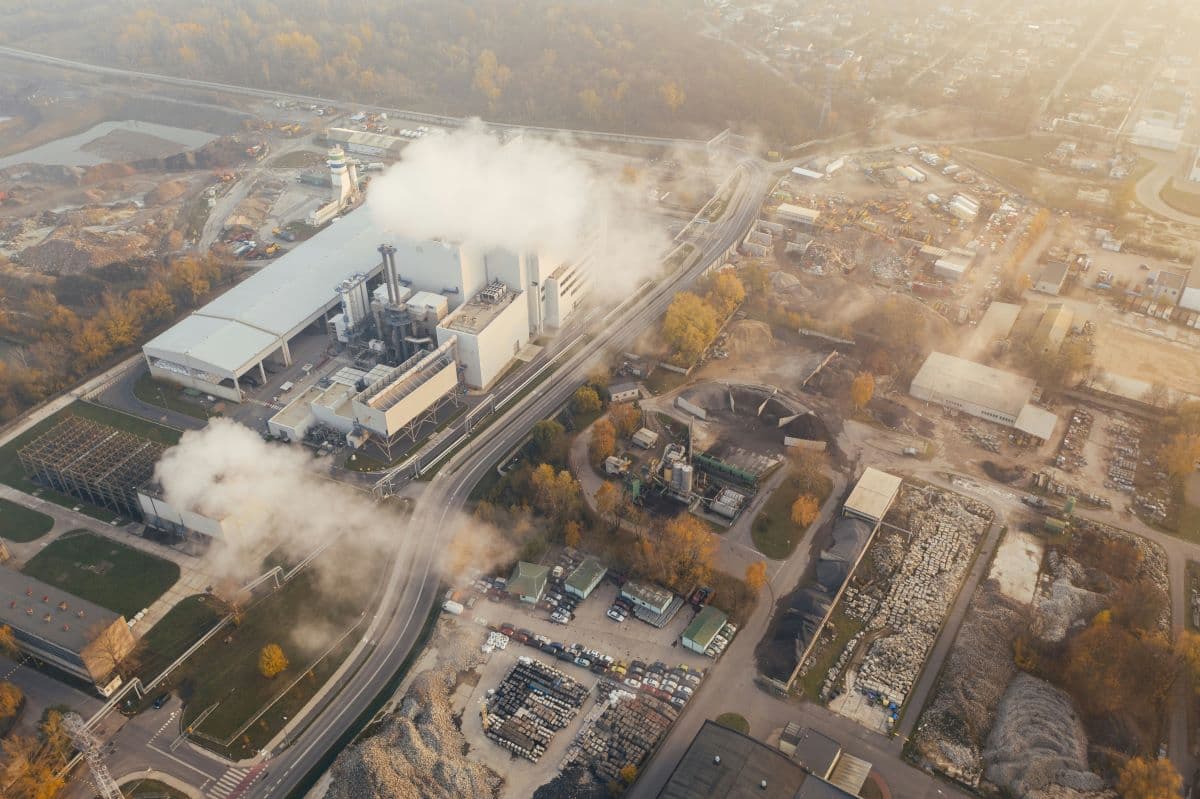
Investment facilitation has emerged as a crucial aspect of international trade and development, promising to unlock economic growth and foster sustainable development worldwide. Amidst this landscape, the recent agreement on Investment Facilitation for Development (IFD) holds significant promise, particularly for regions grappling with developmental challenges, such as Africa. However, as we delve deeper into the subject, it becomes imperative to critically assess the potential and pitfalls of scaling up investment facilitation, especially concerning its impact on sustainable development goals.
Investment Facilitation
On the surface, investment facilitation appears as a panacea for economic woes, promising streamlined processes, increased transparency, and enhanced investor confidence. However, beneath this veneer lies a complex web of challenges and opportunities. While the IFD Agreement touts significant welfare gains and GDP growth potential, its implementation may not guarantee equitable distribution of benefits across regions and sectors. The stark reality is that the benefits of investment facilitation often accrue disproportionately, leaving marginalized communities and regions behind. This issue is particularly concerning in developing countries, where the lack of infrastructure and resources can hinder the participation of marginalized communities in investment opportunities. Additionally, without proper safeguards and regulations, investment facilitation can also lead to environmental degradation and exploitation of natural resources, further exacerbating inequalities.
Africa's Tryst with Investment Facilitation
For Africa, investment facilitation presents a paradoxical scenario. On the one hand, the continent boasts immense potential for attracting foreign direct investment (FDI), owing to its abundant natural resources, burgeoning consumer markets, and demographic dividend. On the other hand, Africa grapples with systemic challenges such as governance deficits, infrastructure bottlenecks, and regulatory uncertainties, which deter potential investors and undermine sustainable development efforts.
Despite Africa's vast mineral wealth, the extractive industries often operate in an opaque manner, perpetuating resource curse dynamics and exacerbating socio-economic inequalities. Investment facilitation, if not accompanied by stringent safeguards and regulatory frameworks, risks exacerbating these challenges, leading to capital flight, environmental degradation, and social unrest. Therefore, it is crucial for African countries to prioritize good governance practices, invest in infrastructure development, and establish clear and transparent regulatory frameworks to attract responsible and sustainable investments. Additionally, promoting inclusive and equitable economic growth through the diversification of industries can help mitigate the negative impacts of extractive industries and foster a more balanced and resilient economy.
Policy Imperatives for Africa
To make the most of the transformative power of investment facilitation while also avoiding its problems, African governing bodies need to take a more nuanced approach. First, policymaking methods that put the needs of local communities and vulnerable groups first must be open, include
everyone, and be transparent. To do this, there needs to be strong stakeholder meetings, ways for everyone to have a say in decisions, and effective ways for people to file complaints about issues like labor standards, land rights, and environmental protection. Also, lawmakers should make building strong institutional structures and regulatory mechanisms a top priority to make sure people are held accountable and stop corruption. This includes making laws stronger, making investment processes more clear, and setting up ways to watch and enforce compliance with social and environmental standards. By taking these steps, African leaders can find a way to protect the rights and well-being of their people while also attracting investment.
Third, Africa needs to use business facilitation as a tool for long-term growth, not just as a way to boost the economy. In order to do this, investment promotion plans need to include principles of ethical business conduct, long-term environmental sustainability, and social inclusion. As an example, encouraging green investments, technology transfer, and local value addition can help everyone benefit from growth and make a country more resistant to changes from outside. In addition, African governments need to improve the strength of their institutions and the rules and regulations that guide them so that they follow international best practices and standards. Improving regulatory coherence, investing in the development of human capital, and stepping up anti-corruption measures are all necessary steps to create an investment-friendly atmosphere.
Besides the government, civil society groups, universities, and the business sector are very important for keeping an eye on the processes that make investments easier, pushing for accountability, and encouraging knowledge sharing. Increasing ties between different groups and encouraging openness and responsibility are some of the ways that Africa can get the most out of investment facilitation programs for development. It is possible for these relationships to help make sure that the steps taken to help with investments are open to and meet the needs of everyone involved, especially underrepresented and vulnerable communities. Also, encouraging openness and responsibility can help investors and local communities trust each other, which can lead to better long-term business results that are good for everyone.
The establishment and promotion of special economic zones (SEZs) also presents a good case in the pursuit of sustainable development and inclusive growth. Take Ghana’s Dawa Industrial Zone for example. With its modern infrastructure, investor-friendly policies, and strategic location near major transportation hubs, the Dawa Industrial Zone offers a conducive environment for businesses to thrive. By focusing on key sectors such as manufacturing, agribusiness, and technology, the zone serves as a catalyst for job creation, skills development, and technology transfer, aligning with the goals of sustainable development. This exemplifies the potential of SEZs to serve as engines of economic growth and development.
Challenges Ahead
There are, however, many problems that need to be solved before financial facilitation for sustainable development can be scaled up. In a globalized world tense with geopolitical conflicts and protectionist views, it is hard for African countries to get investments because they have to compete with established markets. The COVID-19 pandemic has also made economies more vulnerable, slowed down global value chains, and made it harder to get resources, which makes investing in Africa even more difficult.
The IFD Agreement's success also depends on how well it is put into action and enforced, which needs long-term political will, strong institutions, and enough money. Without the right kind of support and professional help, developing countries, especially the least developed ones, could lose out in the race for investment. This would keep the global economic system unequal. Along with the problems already stated, the way to make it easier for investors to support long-term growth in Africa is also complicated and full of problems that need careful consideration and well-thought-out solutions.
One important problem is how to pay off debts over time. Investment facilitation could lead to economic growth and development, but it also puts countries at risk of getting into debt, especially those with weak government systems and little experience managing debt. Africa has a lot of debt to other countries, which got worse during the COVID-19 pandemic and the economic slowdown that followed. Without careful oversight and smart fiscal management, more investments could make debt more vulnerable, which could cause debt distress and hurt long-term development chances.
The type of investments made possible by the IFD Agreement also makes people wonder if they are in line with Africa's goals for sustainable development. Getting foreign investment is important for building up infrastructure and industrializing, but it's possible to put short-term wins ahead of long-term sustainability. For example, big building projects paid for by foreign investment could have big effects on the environment and society, like destroying land, forcing communities to move, and reducing the variety of plants and animals that live there. Without strong environmental impact assessments and protections, making it easier for investors could hurt Africa's attempts to protect the environment and adapt to climate change.
Also, issues of social justice and inclusion must be at the center of attempts to make Africa a better place for investment. In the past, foreign investment in the continent has often been exploitative, helping multinational companies and wealthy people while pushing out local communities and widening the gap between rich and poor. Efforts to make investments easier should focus on pushing gender equality, empowering underrepresented groups, and encouraging local business ownership. To do this, specific steps need to be taken, such as making it easier for small and medium-sized businesses to get loans, creating programs to help people improve their skills, and taking steps to get more women and young people involved in the economy.
To solve these problems, we need to look at them as a whole and make sure that investment facilitation fits in with bigger plans for growth, like the African Union's Agenda 2063 and the UN's Sustainable growth Goals. To make sure that investment facilitation programs are in line with national development goals and promote growth that benefits everyone, African governments need to make their policy coherence and coordination systems stronger. Regional cooperation and partnership can also be very helpful for achieving economies of scale, making regulatory frameworks more consistent, and boosting efforts to attract investment. To make investment facilitation strategies work, it is also important for African governments to make building capacity and sharing information among key stakeholders a top priority. This includes teaching and helping local businesses, investors, and government officials learn the best ways to get and keep funding. Building relationships with international groups and development agencies can also help put investment facilitation plans into action at the regional level by providing useful resources and knowledge.
In summary, investment facilitation holds great promise for fostering sustainable development in Africa, but its potential must be carefully weighed against its challenges. While streamlined processes and increased transparency can attract foreign investment and spur economic growth, the unequal distribution of benefits and environmental risks demand stringent safeguards and regulatory frameworks. African countries face systemic challenges such as governance deficits and infrastructure bottlenecks, which necessitate prioritizing good governance practices and investing in infrastructure development to ensure responsible and sustainable investments. Policymakers should focus on promoting inclusive growth, ethical business conduct, and environmental sustainability while enhancing regulatory coherence and anti-corruption measures. Collaboration among governments, civil society, universities, and the business sector is essential to ensure that investment facilitation aligns with national development goals and promotes growth that benefits everyone, particularly underrepresented communities. By integrating investment facilitation strategies with broader development agendas and fostering regional cooperation, African countries can harness the transformative power of investment to build resilient and inclusive economies for the future.
More
updates

Regional vs. National Approaches to Trade Facilitation: Which is More Effective for Africa?
Blog∙11th December, 2024

Earn Big with Dawa Refer & Earn: Unlock Lucrative Rewards for Every Business You Refer!
Blog∙13th November, 2024

Leapfrogging the Growth Trap: Policy Initiatives for Developing Economies in a Globalized World
Blog∙4th October, 2024

Pioneering a New Era in Industrialization: Dawa Industrial Zone Champions Sustainable Development at Economic Zones Policy Roundtable
Blog∙25th September, 2024

From Data to Action: Strategies for Scope 3 Emissions Reduction in Manufacturing
Blog∙26th September, 2024
